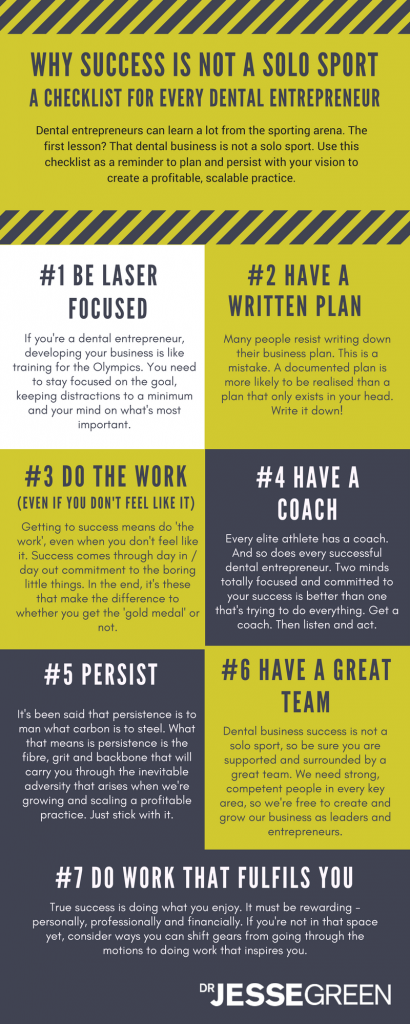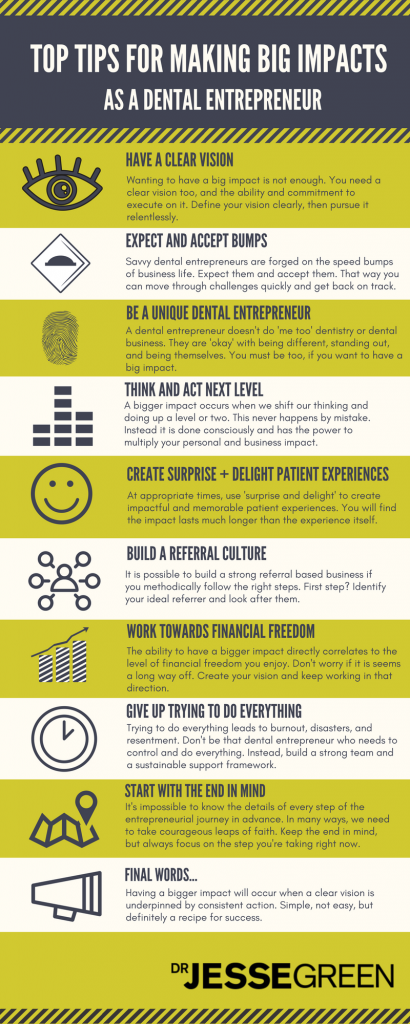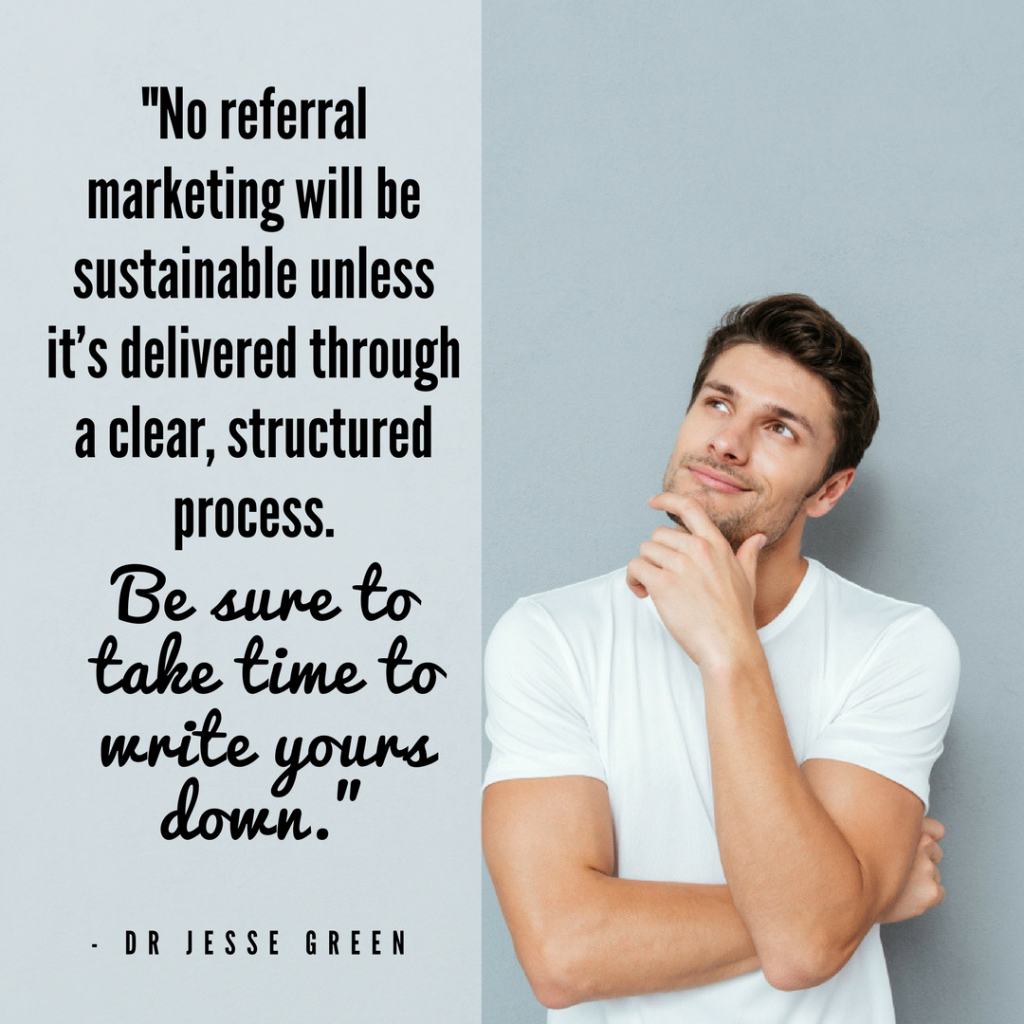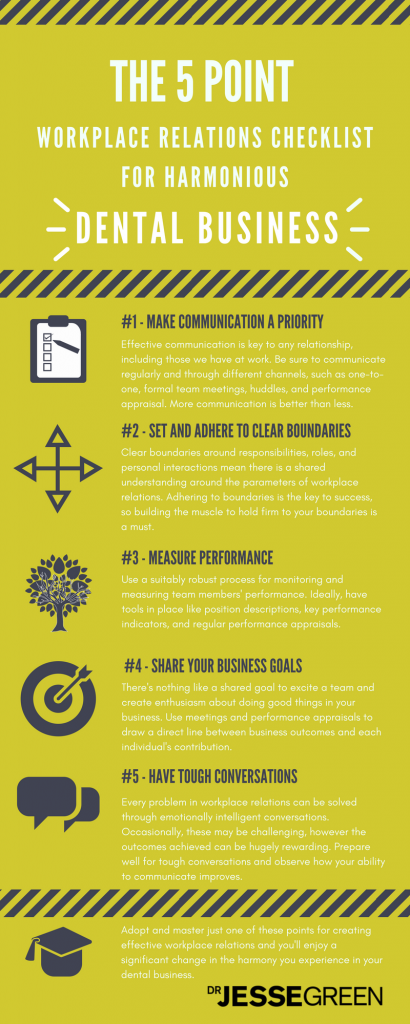Every dental entrepreneur can learn a lot from the sporting arena.
Especially at the elite level, there are lessons for dental business that warrant a ‘sit up and focus’ kind of attention.
Now, I’m partial to my sporting analogies, it’s true. But I have to say, I was more than inspired when Steven Bradbury gave the keynote speech at our last event.
For those of you missed it, Steven was Australia’s first gold medal Winter Olympian. What I love about Steven’s story is that by the time he won the gold medal, it wasn’t about the gold. It was about so much more.
It was the plan.
Following a process (that was sometimes mind numbingly boring).
Developing resilience to stick out tough days.
Having a great team.
Working with a coach.
Being part of a community.
Because I enjoyed Steven’s presentation so much, I couldn’t help myself. Would he like to hang out at the Savvy Dentist podcast? He kindly agreed to share his insights, which you can listen to here.
#1 Every Successful Dental Entrepreneur is Laser Focused
When training for the Olympics, an elite athlete is not distracted by every other thing.
No, instead, they have a single point of focus: getting to the Olympics and doing their best.
If you’re a dental entrepreneur, your business is your ‘Olympics’. It requires a laser focus too. Doing that well means, blocking out distractions and keeping your mind and actions on what’s important.
No distractions. Just focus.
#2 Successful Dental Entrepreneurs Have A Written Plan
Okay, so having a plan is different to having a plan that’s written down.
A plan that’s in your head has less chance of happening, so take time to get your plan down on paper. That way, you have a clear direction for your business. A plan will keep you focused, making it easier to eliminate unnecessary activity and distractions.
Avoid complicated with your business plan. Instead, keep it simple and make the contents clear and considered, i.e. it must make sense to you, not just look good on paper.
#3 A Successful Dental Entrepreneur Does the Work, Even If They Don’t Feel Like It
Successful people do what’s required, even when they don’t feel like it.
Daily team huddle? Check.
Prepare monthly marketing content? Done it!
Review the draft standard operating procedures that will help scale their practice (instead of scrolling through Facebook). High five, right there!
Training for the Olympics is less about a goal than just ‘doing the work’. Over and over, day in and day out. It’s the one percenters; doing the little things every day. Do enough of these for long enough and eventually you’re standing on the podium of life with gold around your neck.
#4 Successful Dental Entrepreneurs Have a Coach
You might read this and think, Yes, but you’re a dental coach.
That’s true, I am. But here’s what I know. Every elite athlete has at least one coach, if not more.
The benefit of a coach is they are a second mind totally focused on your success. A coach will hold you accountable, call you on your ‘story’, make you do the boring stuff (even when you don’t want to), help strategise at defining moments in time.
Steven Bradbury’s coach of six years in the lead up to the Olympic gold medal was a diminutive little Chinese woman who was tough as flint. With her mind and wisdom, and Steven’s experience, they put together a gold medal winning strategy. If Steven had approached the semi-final and final using his own thinking, there would have been no gold medal to celebrate.
On paper, as the oldest skater and with the slowest time in the top eight competitors, it looked like Steven didn’t have a chance at gold. With two bright minds, they created the pathway for gold.
#5 Successful Dental Entrepreneurs Are Persistent
If success was an easy, straight road, every dentist would be on it.
The truth is, the road to success – however you define it – is challenging and lined with adversity. Why? Because that’s how we grow and develop the ‘muscle’ needed to take our business to the next level. Often, adversity strengthens our resolve and in so doing, builds a new level of persistence and mental strength to keep going.
Rather than think you’re the only one doing it tough, just know the pathway you’re on – the one with setbacks and ‘up against the wall’ moments – is steeling you for the next level.
Undoubtedly, there will always be one or two more significant moments or experiences when you wonder Will I keep going? How do I make it back from here? But if you leave enough space after asking that question, you’ll find the way and persist.
#6 Successful Dental Entrepreneurs Have A Great Team
Success is not a solo sport. Whether it’s business or sport, having a great team around you makes winning easier.
Steven Bradbury was supported by his parents, coach, the other guys he skated with for years, his physiotherapist, and so on. Making it onto the podium would not have been possible without his ‘people’.
It’s exactly the same in dental (or any) business. We need strong, competent people around us in all key areas – clinical work, business operations, finance, legal, marketing. No exceptions.
Yes, it might take time to build the team, but be committed to doing (and write it in your plan!).
#7 Successful Dental Entrepreneurs Have A Great Team
True success is doing what you enjoy and gaining personal fulfilment from it. It matters very little whether that’s dental entrepreneurship, cleaning cars or flying to the moon.
The bottom line is: you’ve got to love it. Because if you’re stuck in a rut and going through the motions, you won’t find success there. And it’s time to look at what needs to change.
The good news is, it’s in your hands. Totally.
Final Words…
There really are no secret ingredients to being a successful dental entrepreneur. It comes down to some fundamental principles that any dentist can apply to their practice and win.
A personal mission and vision captured in a documented plan, backed by a coach, team and diligent persistence will show up as a whole lot of success, if you stick with it.












